ㅤ Life Cycle Assessment (LCA) is a scientific tool for evaluating, in accordance with ISO 14040/44, the environmental impacts of products or services throughout the complete life cycle (from cradle to grave); from the extraction of raw materials, through manufacturing, transportation, use, recycling, and disposal of the product, including the energy and auxiliary materials used.
LCA enables companies to identify hotspots during production and go to improvement studies, benefit from the evaluation in product design/development studies and use it as a marketing tool.

LCA enables companies to identify hotspots during production and go to improvement studies, benefit from the evaluation in product design/development studies and use it as a marketing tool.
At the same time, Metsims is the first and only authorised company in Turkey for SimaPro, one of the world’s leading LCA software. With its expert staff, Metsims provides consultancy services and practical trainings to create a competitive environment and awareness on a sectoral basis by calculating your environmental impact and performance by conducting Life Cycle Assessment studies for your products.
Metsims has conducted LCA studies for hundreds of products and services thanks to its extensive process knowledge. Metsims provides LCA consultancy services in more than 17 different countries including assessment and verification.
Contents:
Toggle- Why Metsims in Life Cycle Assessment (LCA) Consultancy?
- World's Leading Life Cycle Assessment (LCA) Software SimaPro Authorised Reseller
- Competence, Global Experience, Expertise
- Commercial Benefits of Life Cycle Assessment (LCA)
- Benefits are divided into three main areas:
- Meet our Life Cycle Assessment (LCA) Consultants
- What is Life Cycle Assessment (LCA)?
- How does Life Cycle Assessment (LCA) work?
- Why is Life Cycle Assessment (LCA) important?
Why Metsims in Life Cycle Assessment (LCA) Consultancy?
Since 2005, Metsims has been working on LCA, has successfully completed hundreds of studies, has travelled to hundreds of production facilities and has extensive process knowledge. Working with an expert who can speak your language will give you confidence. Measuring the environmental performance of your company or products is not an ordinary task. The reports or results you obtain will accompany you in your tenders, customer negotiations or your zero carbon journey.

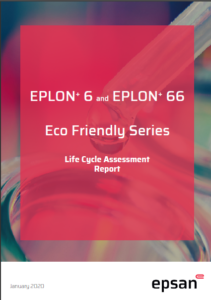
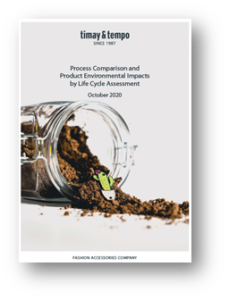
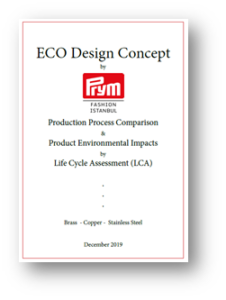
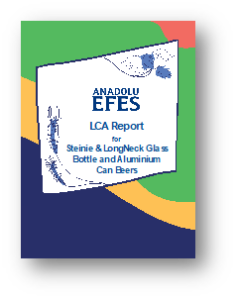
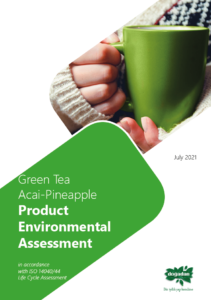
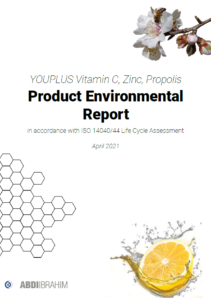
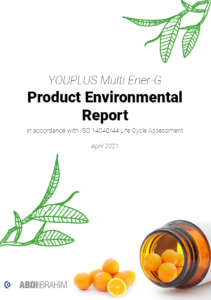
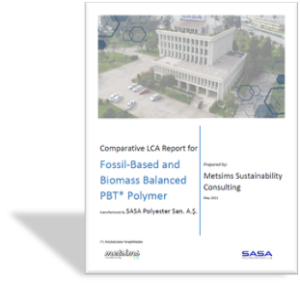

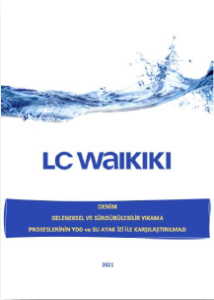
World's Leading Life Cycle Assessment (LCA) Software SimaPro Authorised Reseller
Metsims is the first and only authorised dealer of SimaPro in Turkey. It also provides technical support and training.
Competence, Global Experience, Expertise
Metsims has carried out LCA studies for hundreds of products and services with its extensive process knowledge. Our company, which has verification and consultancy competence, provides LCA services in more than 10 different countries.
Commercial Benefits of Life Cycle Assessment (LCA)
Using Life Cycle Management techniques can bring a range of benefits to your business, from managing risks to winning business. Whilst Life Cycle Thinking provides an overarching overview and understanding, it is essential for achieving meaningful results that can drive real change.
LCA studies are also a fundamental tool used in the preparation of EPD documents.
Benefits are divided into three main areas:
-
Reducing Costs: LCA can provide an insight into inefficient processes and potentially lead to reductions in energy or resource use.
-
Benchmarking: Having a baseline of a product’s impact serves as a future marker to show progress.
-
Common Sense: The objectivity that LCA provides can give different departments a better understanding of company-wide priorities and set them a common goal to achieve.
-
Expand the Customer Portfolio: By communicating the results of an LCA, a product can reach potential customers that have high environmental consciousness.
-
Risk Management: Finding risks in the supply chain and reducing their occurrence.
-
Hotspots: Identifying the ‘hotspot’ areas that have significant environmental impact throughout a product’s lifecycle.
-
Transparency: With an honest view of their supply chains, companies can have open discussions both internally and with suppliers about the procurement decisions made and the rationale behind them.
-
Future Expectations: By modelling the product lifecycle, LCA can provide the knowledge base to develop new products and gives insight into sustainable product development.
-
Future Expectations: The LCA calculation can provide an opportunity to understand the impacts and cost of future regulations.
-
Brand Value: By making an LCA calculation, the company demonstrates corporate responsibility by measuring product impacts and emphasizes its commitment for a more sustainable future.
-
Reliability: LCA is internationally recognized science-based standard giving assurance to external stakeholders that a product has undergone independent analysis to verify its sustainability.
-
Marketing: LCA results can be combined with other environmental information to develop a Product Environmental profile in a user-friendly, easy to understand format.
Meet our Life Cycle Assessment (LCA) Consultants
Orhan Atacan
Sustainability Manager
Yıldıray Yılmaz
Senior Sustainability Advisor
Gülbahar Korkusuz
Senior Sustainability Advisor
David Parker
Sustainability Consultant
Sagi Alony BSc MSc
Sustainability Consultant
Orhan Atacan
Sustainability Manager
Yıldıray Yılmaz
Senior Sustainability Advisor
Gülbahar Korkusuz
Senior Sustainability Advisor
David Parker
Sustainability Consultant
Sagi Alony BSc MSc
Sustainability Consultant
What is Life Cycle Assessment (LCA)?
Life Cycle Assessment (LCA) is a method used to evaluate the environmental impacts associated with all stages of a product’s life cycle, from extraction of raw materials to end-of-life disposal. It considers inputs, outputs, and potential impacts across the entire life cycle.
How does Life Cycle Assessment (LCA) work?
The process involves four main stages:
- Goal and Scope Definition: Objectives and boundaries of the assessment are defined, including the functional unit and system boundaries.
- Life Cycle Inventory (LCI): Data on inputs and outputs associated with each life cycle stage are collected.
- Life Cycle Impact Assessment (LCIA): Environmental impacts are evaluated using impact assessment methods.
- Interpretation: Results are interpreted, considering uncertainties, limitations, and opportunities for improvement.
Why is Life Cycle Assessment (LCA) important?
Life Cycle Assessment is important as it provides insights into environmental performance, identifies opportunities to minimize impacts, and promotes sustainable development. It enables informed decision-making, supports eco-labeling and green procurement, and fosters innovation in product design and environmental policy development. Overall, LCA plays a critical role in advancing sustainability goals and mitigating environmental consequences.